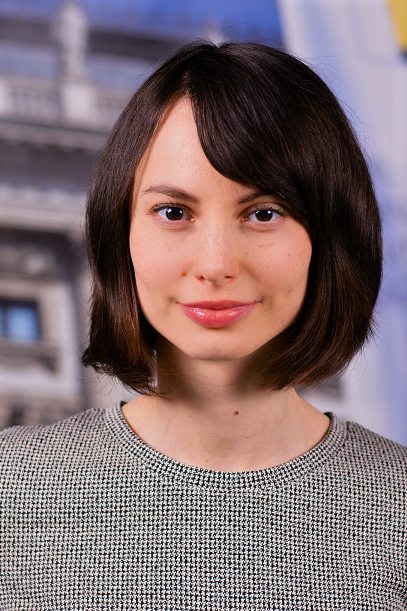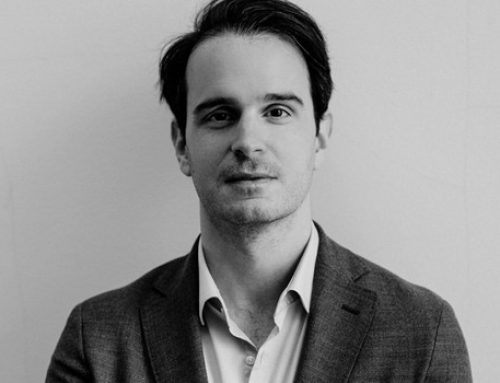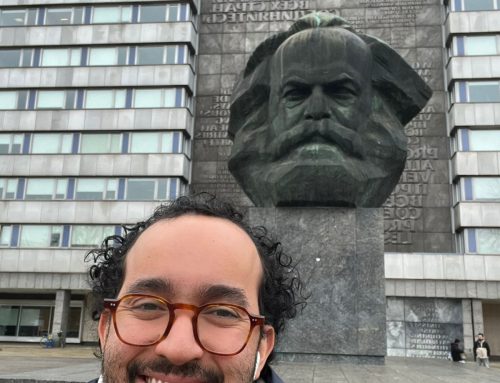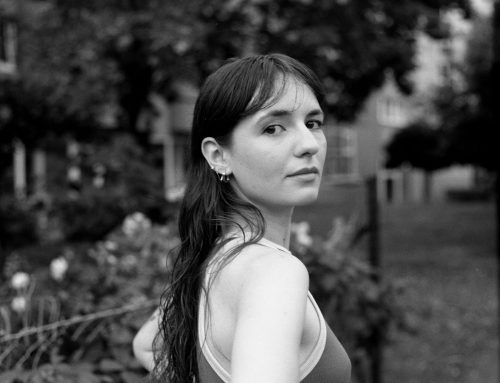On Thursday, June 8th at 12 PM (CET), we are hosting the CAS SEE Seminar with Zorica Siročić on Festivals as Reparative Gender Politics: Millennial Feminism in Southeastern Europe, in conversation with our Fellow Leda Sutlović.

Zorica Siročić
Zorica Siročić is an assistant professor in the Department of Sociology at the University of Graz. She is the author of the book Festivals as Reparative Gender Politics: Millennial Feminism in Southeastern Europe which will be published by Routledge in 2023.
About the Seminar
While the “reparative turn” in literary criticism demonstrates that it is possible to read and interpret in a reparative manner, does the same logic apply to political acting? In other words, can we practice reparative politics?
This presentation uses the example of feminist and queer festivals in Southeastern Europe to offer a tentatively positive answer to this question. The argument builds on the empirical research suggesting that festivals’ playfulness and creativity, interpretative (gender) dissent, acceptance of organizational and programmatic hybridity, belonging, and positive affect can be considered as features that would characterize the reparative political style. The reparative politics is vital in a context that is marked by an individual and collective trauma of heteropatriarchy, violent breakdown of the common state, and post-transitional economic precarity.
The presentation challenges the common assumptions of a passive millennial generation and offers an impulse for rethinking of the conventional understanding of what is means to practice and think “politics”.
Join Zoom Meeting
https://us02web.zoom.us/j/88989643663?pwd=VnZTOWRmdnl0WEZIdTczc1paZWtkdz09
Meeting ID: 889 8964 3663
Passcode: 328897
Fellowships
Fellowships are enabled by the ERSTE Foundation and Rockefeller Brothers Fund in the framework of supporting brain circulation for democratic development in Southeast Europe.
UNIRI The Moise Palace: Cres Island
An education center of the University of Rijeka. A five-hundred-year-old patrician townhouse and the largest Renaissance palace on the Croatian islands. A venue and forum for various scientific and research activities, it welcomes visiting academics, students and scholars.




